Freedom of speech – can we say what we like?
Freedom of speech gives us the right to express our opinions. But does that mean that we can say what we want?

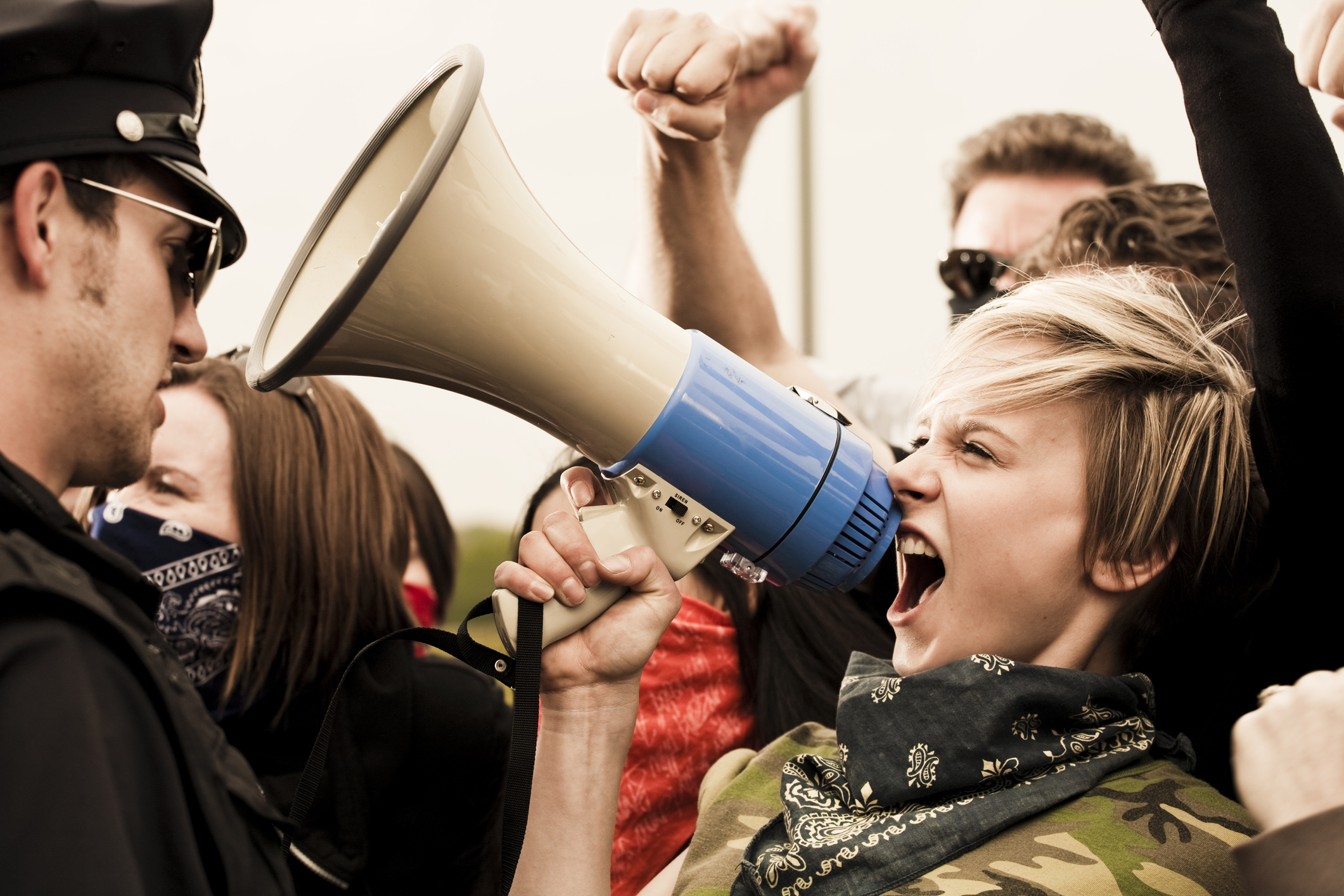
What is freedom of speech?
What if someone stopped you from saying what you mean in class, or that you couldn’t post what you wanted on social media? What if you couldn’t speak up to the government if you wanted to?
We do not need to think about that in Norway. We have a democracy that looks after people’s right to freedom of speech.
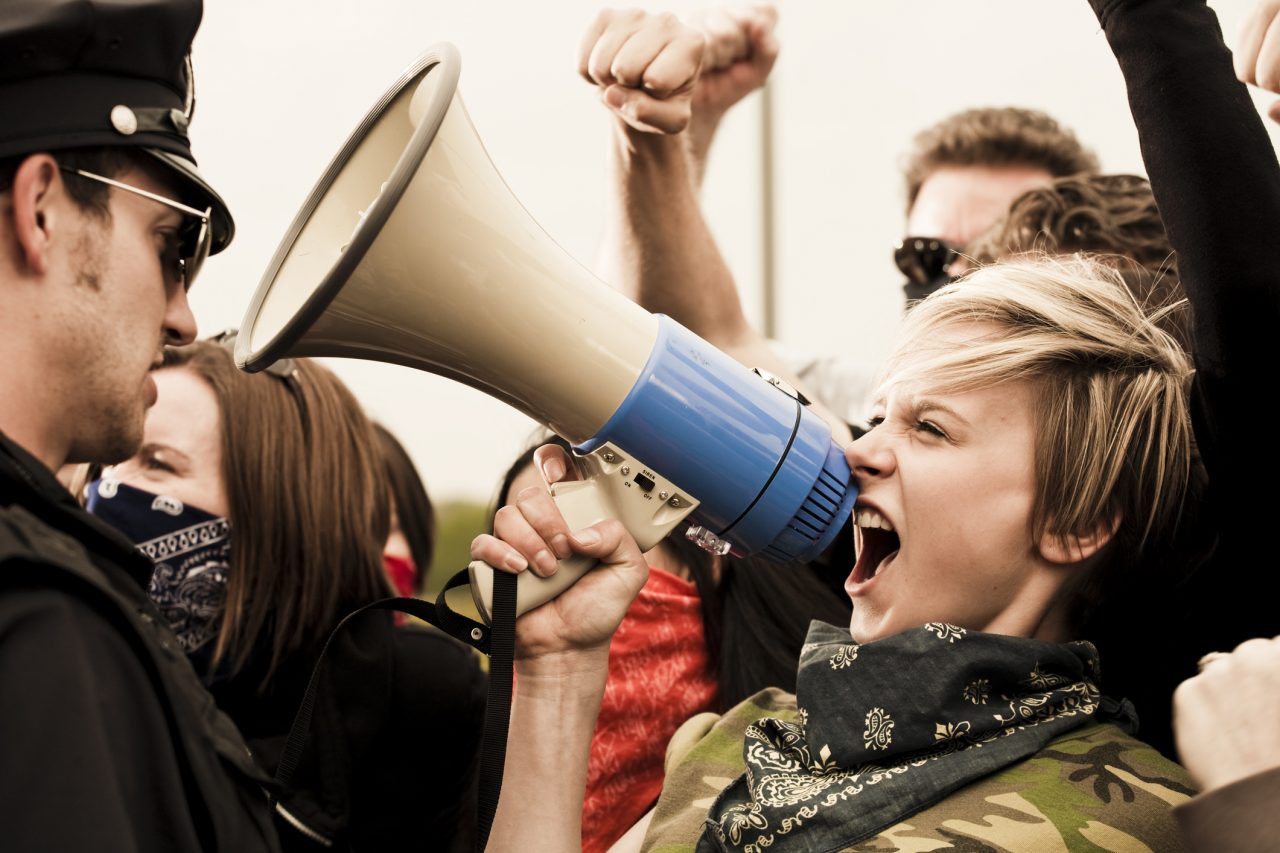
Freedom of opinion and expression is the right you have to:
- Express your opinion – as long it is not hateful or discriminatory
- Search for, find and give information using media
The United Nations (UN) has a Universal Declaration of Human Rights which is supported by the whole world. Article 19 protects our right to freedom of opinion and expression.
Explanation
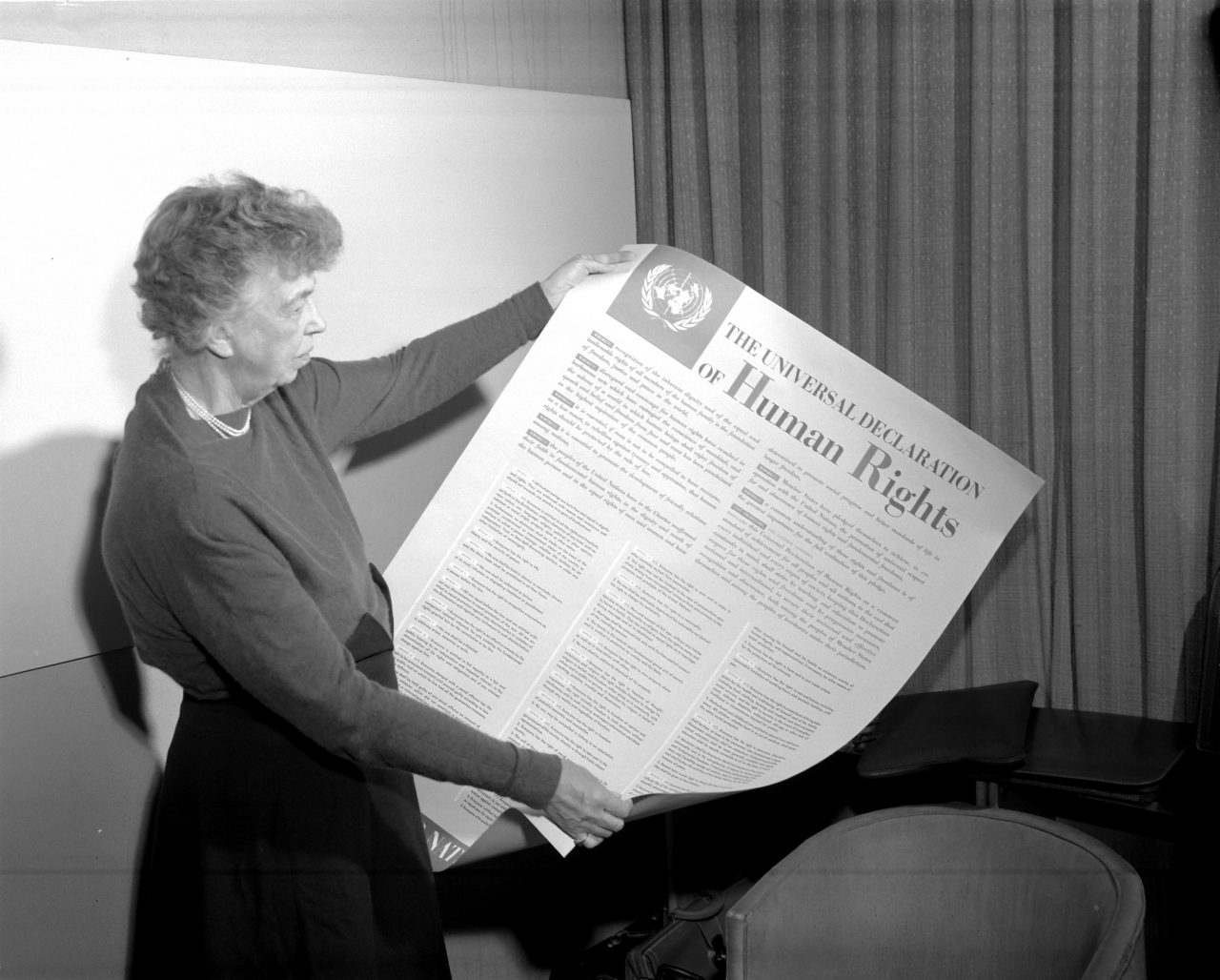
Is freedom of opinion and expression under threat?
In many countries, people are not allowed to speak their minds, especially against the government.
One example is Russia, which limits people’s right to speak their minds. In 2012, Russia made a law that stops people and the media from talking about LGBTQI+ people.
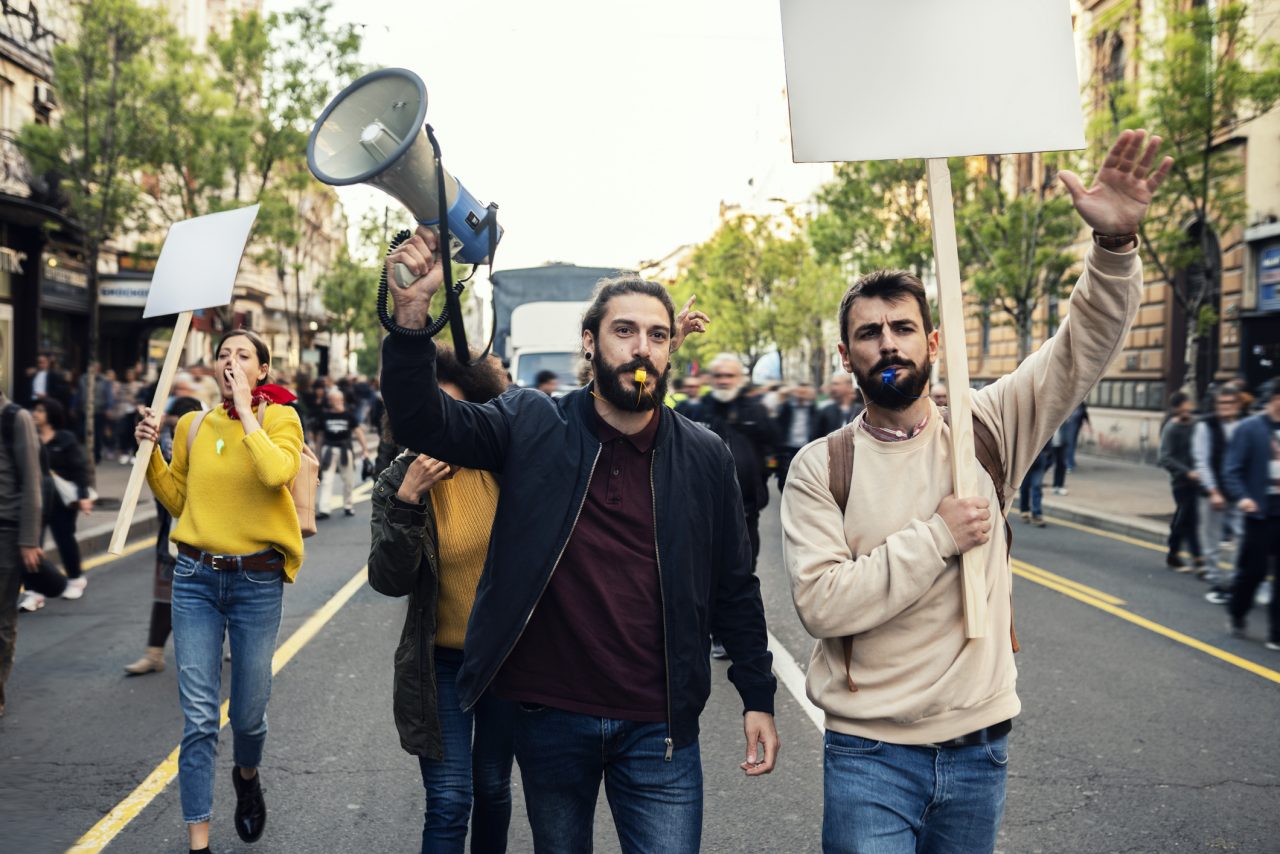
Je suis Charlie
Different groups make threats in Western Europe as well. One example is from 2015 when 12 people were killed because they had published cartoons of the Prophet Muhammad in a newspaper.
Many people condemned this action and published statements on social media marked #jesuischarlie.



Bakgrunn med masse tekstbobler med stygge meldinger i emojier

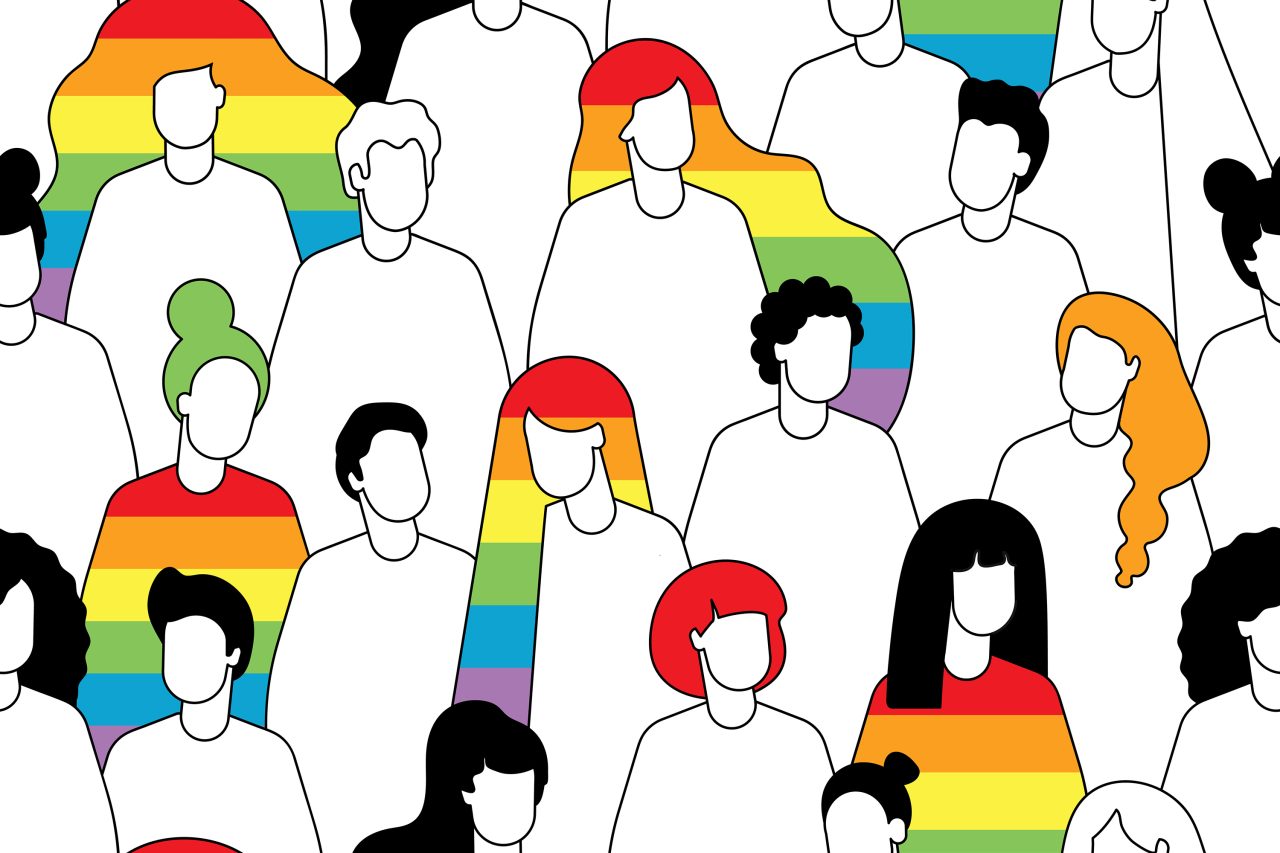
Illustrasjon av mennesker der noen har pride farger
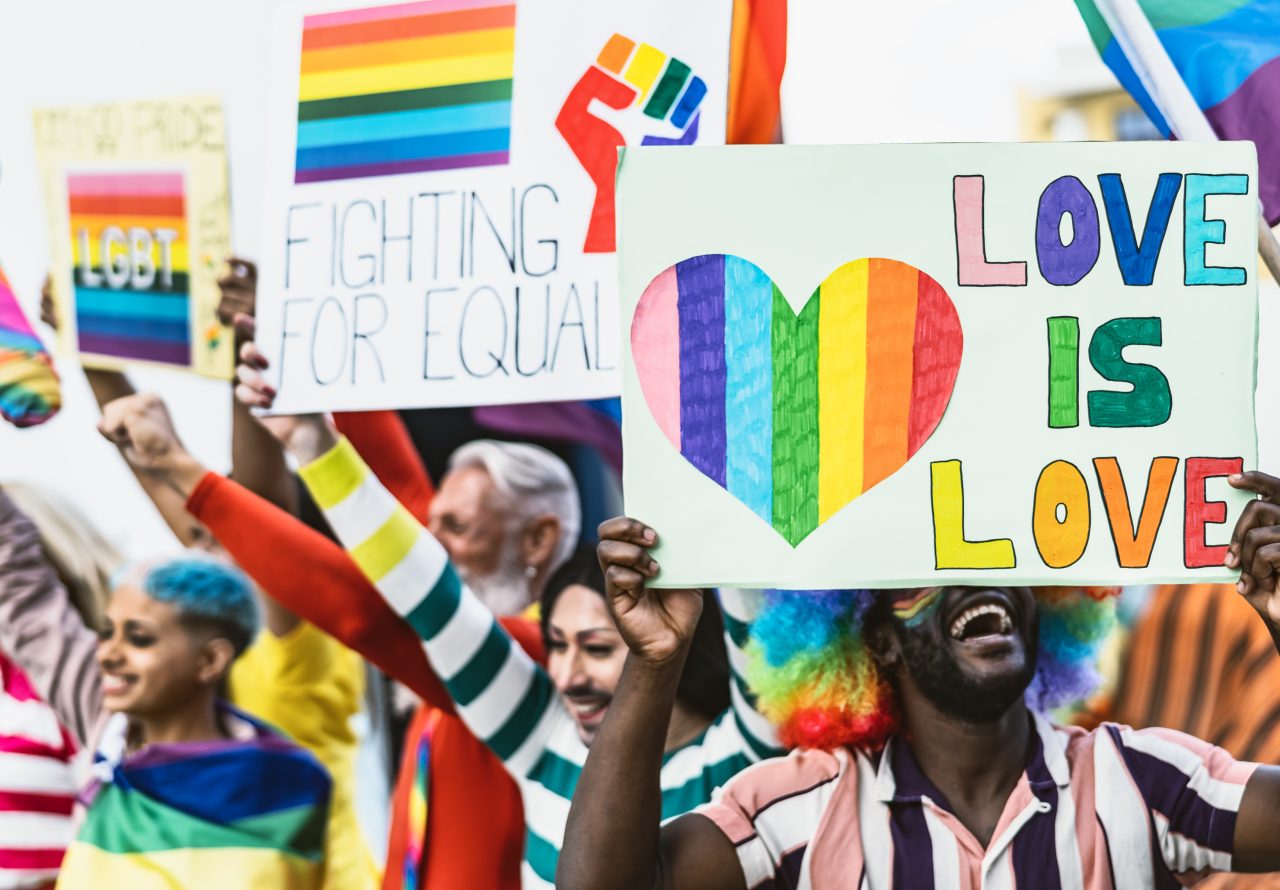
Et tog med pride plakater
How can we defend freedom of speech?
There are many ways to defend and support freedom of opinion and expression. It is important that the authorities support human rights and work with other countries on this issue.
It is also important to focus on the role of journalists who focus on what is of interest to the people. Their role should be strengthened.
Reporting injustice is necessary to protect the freedom of opinion and expression for all people.
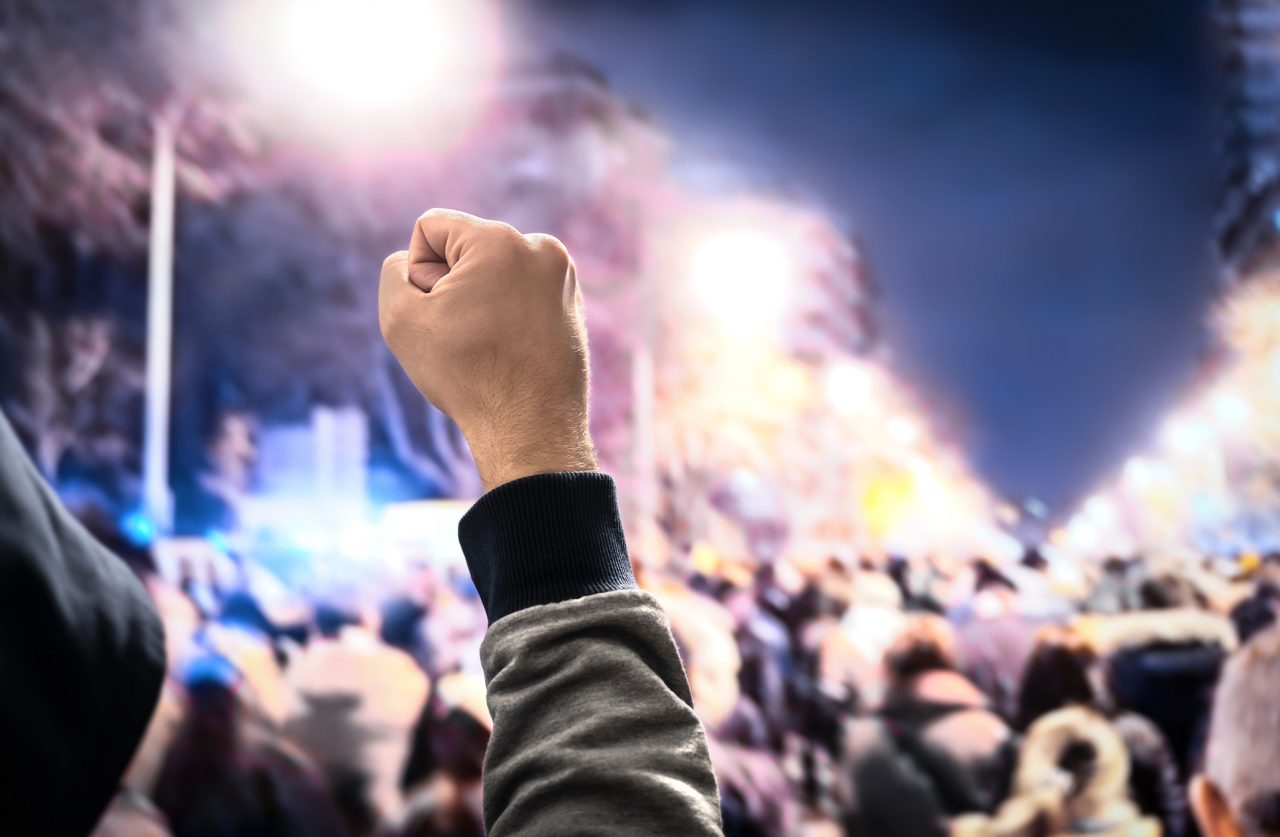
Media Rights:
-
-
Getty Images
-
Getty Images
-
NRK
-
FN
-
Getty Images
-
Sébastien Amiet (CC BY 2.0)
-
Getty Images
-
Getty Images
-
Getty Images
-

